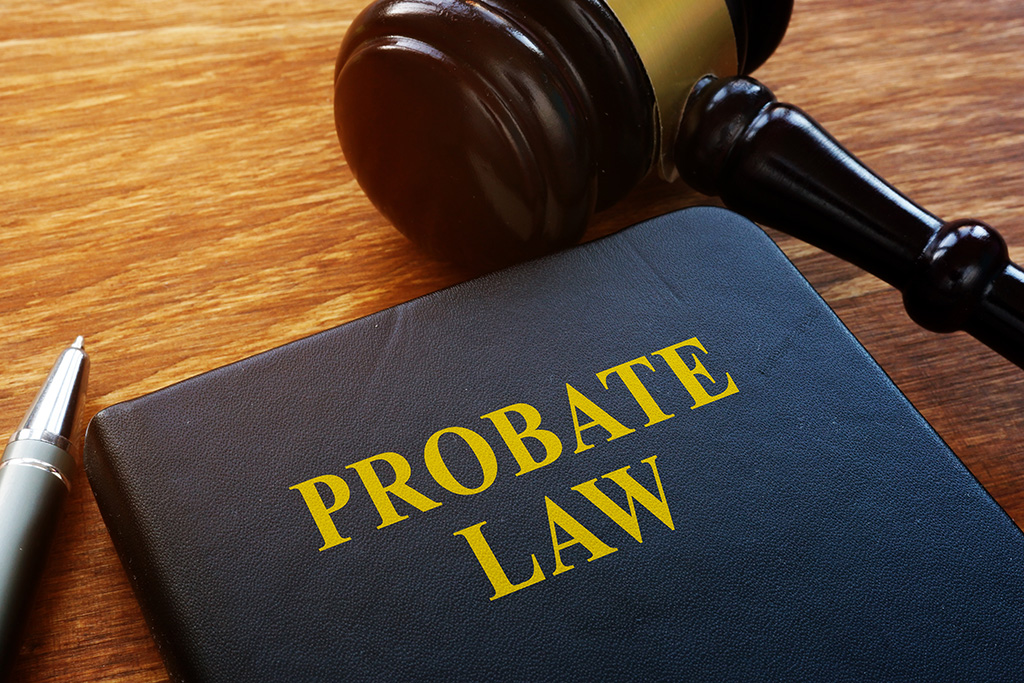Understanding the Role of Executors in Texas Probate
In Texas probate cases, executors play a crucial role in managing the deceased's estate. An executor is responsible for ensuring that the deceased's wishes, as outlined in their will, are carried out efficiently and legally. This includes gathering assets, paying debts, and distributing the remaining property to heirs.
Executors must navigate complex legal requirements and timelines, which can be overwhelming without proper guidance. For instance, they must file the will with the probate court and notify beneficiaries. Executors can also face challenges, such as disputes among heirs or claims from creditors, making it essential for them to seek legal assistance when necessary.
Common Misconceptions About Texas Probate
Many individuals hold misconceptions about the probate process in Texas, often leading to confusion and anxiety. One common myth is that all estates must go through probate, which is not true. Certain small estates may qualify for simplified procedures, allowing for quicker resolution without formal probate.
Another misconception is that probate is always a lengthy and costly process. While it can be complex, the duration and expense depend on various factors, including the size of the estate and the presence of disputes. Understanding these misconceptions can help individuals better prepare for the probate process and make informed decisions.
Steps to Take When a Loved One Passes Away
When a loved one passes away, the initial steps can be overwhelming. The first step is to secure the deceased's property and ensure that their wishes, as expressed in their will, are respected. This may involve locating important documents and notifying relevant parties, such as family members and financial institutions.
Following this, it is crucial to initiate the probate process if necessary. This includes filing the will with the probate court, appointing an executor, and notifying beneficiaries. Taking these steps promptly can help streamline the process and alleviate some of the burdens during a difficult time.
Exploring Alternatives to Traditional Probate
While probate is a common legal process for settling estates, there are alternatives that may be more suitable for certain situations. For example, a living trust allows individuals to transfer assets outside of probate, providing a quicker and often less expensive resolution for their heirs.
Additionally, Texas law offers a small estate affidavit option for estates below a certain value, allowing for a simplified process. These alternatives can save time and resources, making it essential for individuals to explore all options available for estate planning and asset distribution.

